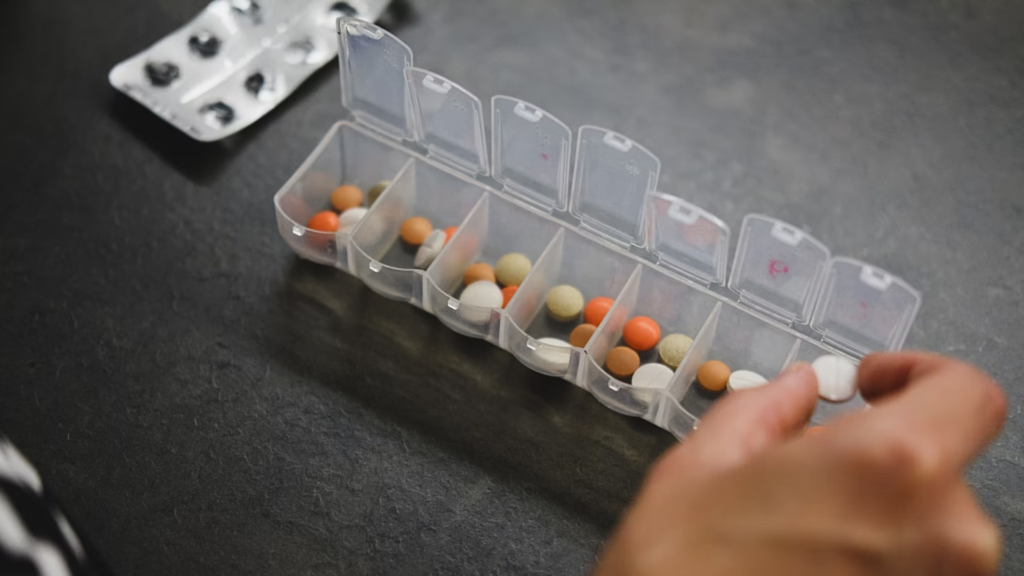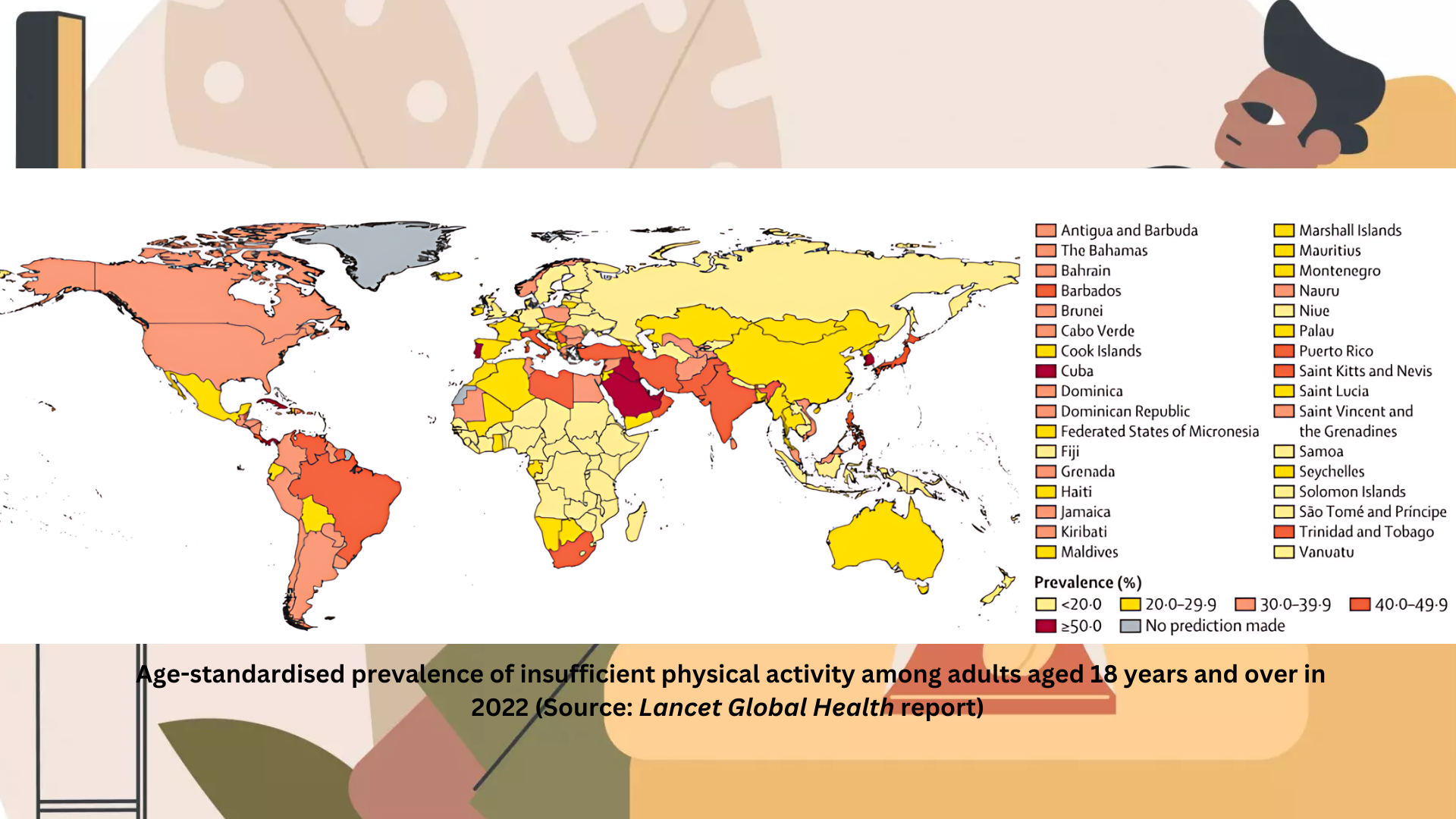70% antibiotic combinations sold in India are illegal

Regulatory initiatives to curb sales of unapproved fixed-dose combinations (FDCs) of drugs, or cocktails of two antibiotics packed as single pills or tablets, are “weak, convoluted and inefficient”, as a result of which FDCs that are banned or unapproved continue to be sold widely across the country, a study by a group of health researchers, including India-based ones, has found.
Aashna Mehta, a health economist and assistant professor at the Public Health Foundation of India, New Delhi, a research and training institution, and her collaborators did a comparative analysis of the sales of FDCs between 2008 and 2020 and initiatives by the Central Drugs Standard Control Organisation (CDSCO) in 2007, 2013, 2016, 2018 and 2019 to curb the sales of irrational FDCs, which was published on November 10 in the Journal of Pharmaceutical Policy and Practice.
The study found that as a result of these initiatives by the CDSCO, the total number of FDCs sold fell from 574 in 2008 to 395 in 2020.
But among those 395 FDCs being sold, 278, or as much as 70 per cent, were illegal as they banned or unapproved — 39 formulations had been banned between 2016 and 2018 or 2019, and 239 had never been approved.
Not only is the sale of banned or unapproved FDCs continuing, it is flourishing. As a proportion of total antibiotic sales, the sale of FDCs actually increased from 32.9 per cent in 2008 to 37.3 per cent in 2020.
“Our study establishes that despite regulatory initiatives and measures since 2007 to control sales, hundreds of unapproved antibiotic FDC formulations remained on the Indian market accounting for over 700 million of the 4.5 billion standard units sold in 2020,” the analysis paper said.
Examples of such banned or unapproved drug combinations are azithromycin and ofloxacin, azithromycin and levofloxacin, cefixime and ofloxacin, norfloxacin and tinidazole, and ofloxacin and metronidazole.
Ofloxacin and ornidazole, norfloxacin and tinidazole and others continue to be marketed in November 2023, according to information available from retail chemists and online pharmacy websites.
While several FDCs have been officially banned by CDSCO, several are unapproved because they were not assessed for safety and efficacy by the organisation.
When contacted by The Telegraph, Yogiraj Ray, associate professor of infectious disease at the Institute of Postgraduate Medical Education and Research, Kolkata, gave examples of some unapproved FDCs and why they are so.
Some FDCs such as azithromycin with cefixime or azithromycin with ofloxacin don’t make sense because azithromycin needs to be taken once in 24 hours while cefixime and ofloxacin need to be taken twice in 24 hours, he said. So, such FDCs will overdose patients with azithromycin if taken twice a day and “underdose” patients with cefixime or ofloxacin if taken once a day.
Several experts are worried that this slow and limited progress in removing irrational FDC drugs from the market, which is the result of “weak, convoluted, badly targeted and inefficient regulatory enforcement” (quoted from the paper), could lead to dangerous levels of antimicrobial resistance among the population at large.







